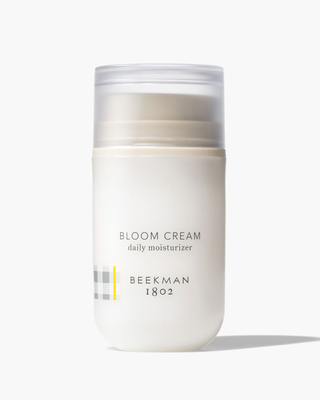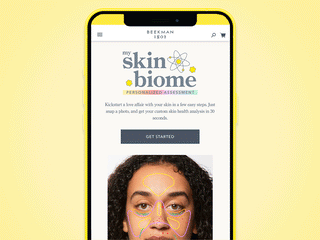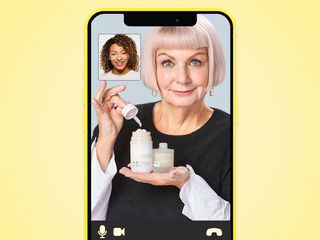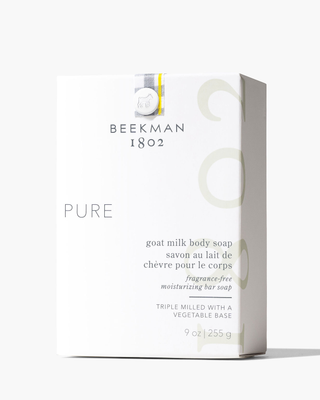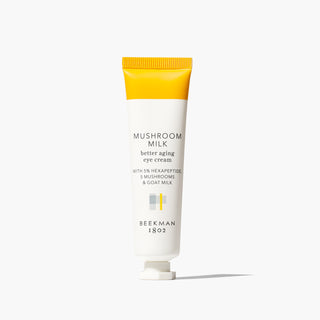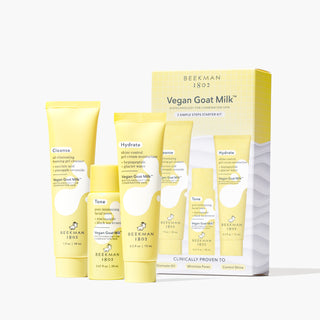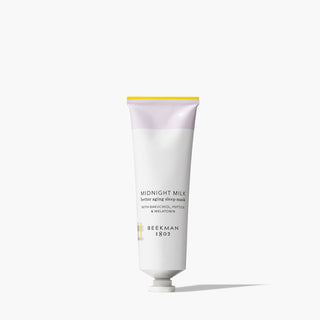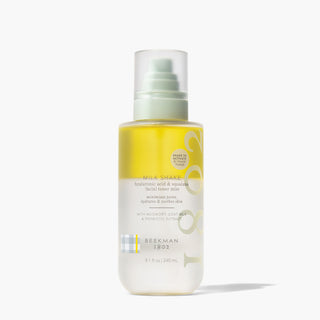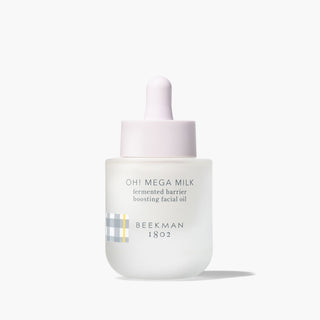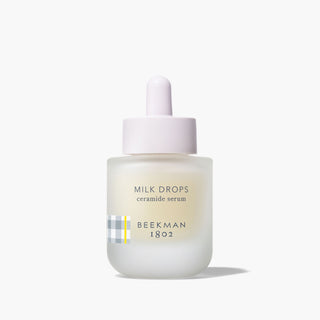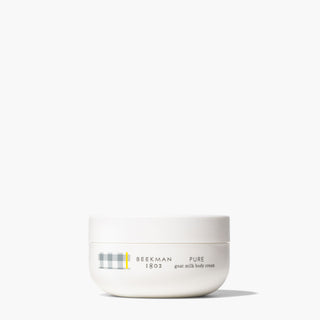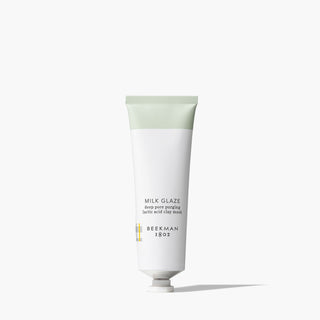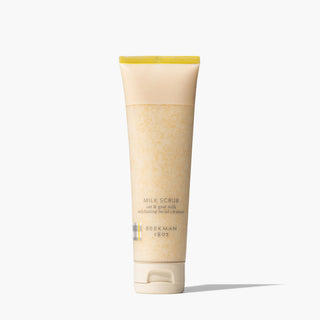Nothing proves to us the power of our bodies like pregnancy. An unpredictable, complex, and ecstatic experience, what happens to women’s bodies in the process of growing—and experiencing—life is nothing short of miraculous.
And that process changes or alters our physiology in profound ways. In fact, anyone who menstruates knows that when your hormones start getting shifty, so does your skin. Breakouts, dryness, and redness can all cause discomfort and distract you in meetings where you already have enough to think about.
So how can you better use this time to focus on the amazing things your body is doing? With slight modifications to your day-to-day skincare routine, you’ll be able to safely soothe and contain some of the unexpected changes pregnancy and other hormonal shifts can bring.
Skincare is, after all, self-care. Loving what your body is doing inside of you means loving what it’s doing on the outside, too. It’s all proof of what your body is capable of accomplishing.
I’m about to go through a big hormonal shift — from pregnancy, breastfeeding, or menopause. So how do I prepare?
We chatted with Dr. Douglas Winger, a board-certified OB/GYN, who told us “it’s best to be proactive to stay ahead of any changes” in order to stave off discomfort. Breakouts are very common in the first trimester of pregnancy, so it’s a good idea to start washing your face twice a day. Women going through menopause may find they have drier skin, so you should treat yourself to lots of hydrating moisturizers, serums, and masks.
You may also notice stretch marks, which are so common they may as well be freckles. Stretch marks, which affect up to 90 percent of pregnant women, are just proof you don’t break easy. If your stretch marks cause a little soreness or itchiness, products like Bio-Oil and cocoa butter help keep skin moisturized and soothed.
Are you saying I should feel good about the “pregnancy mask”?
YES. Pigmentation on your face (known as “melasma” or “pregnancy mask”) may be unexpected, but texture and variance in the tone of your skin are just one more of the very common changes the body experiences as hormones shift.
“Women can develop melasma when their hormones change,” Dr. Winger reassures us. “It varies person to person.” About six million women develop pregnancy mask. And while it’s called “pregnancy” mask, it can occur if you’re on a particular contraceptive, too, or if you have other underlying conditions affecting your hormones.
So you know what to expect, melasma often does clear up on its own. If you do develop it, it’s a good idea to avoid the sun and use a strong SPF every day, preferably an all-natural, physical sunscreen with zinc oxide, which helps to calm irritation. (Tip! Look for products with a “clean” beauty seal. You’ll find those on products from respected retailers like Sephora, QVC, and, naturally, Beekman 1802.) And please avoid lightening creams! They can contain very harsh chemicals and can have severe side effects. Like all things in nature, it’s best to work with your skin than against it.
Oh, speaking of harsh chemicals, what should I avoid?
Avoid anything that’s a Vitamin A derivative, like retinol. “Anything with Retin-A, aka tretinoin and isotretinoin, should be avoided during pregnancy and while breastfeeding,” Dr. Winger cautioned us. Those chemicals can interfere with fetal development and lead to birth defects. Stick to moisturizers with coconut oil and Vitamin E, which are very good natural ingredients to look for and “good for every woman!” Dr. Winger says. Also, try to avoid phthalates, hormone-disrupting chemicals that may cause birth defects. In the ingredients list, look for dimethylphthalate (aka DMP) or dibutylphthalate (aka DBP), these phthalates are still used in some cosmetic products.
So what’s the best possible skincare routine for me?
Whether you’re pregnant, breastfeeding, or going through menopause, it’s a great idea to get a recommendation from your dermatologist and your OB/GYN. They know you better than we do and they’ll know just what to recommend for whatever you’re experiencing. Skin is a sensitive organ and everyone is different. Your doctor should be able to make specific recommendations for you about your skin.
In the meantime, use natural products with omega-3 oils and hyaluronic acid, a moisturizing ingredient that your body already produces naturally. Lactic acid, a gentle exfoliant, is great as a replacement for retinoids for resurfacing the skin. Lactic acid is found in goat’s milk, which has the same pH as our skin. Goat’s milk products, which, we’re not ashamed to brag, Beekman 1802 is known for, won’t work against you as your body changes from hormones.
Now I’m anxious.
Don’t be anxious! You’re likely to find that a new natural routine makes your skin feel nicer than it did before your body started this incredible journey. If you’re uncomfortable and concerned, get in touch with your doctor. Let nature take its course, and listen carefully to yourself for what you need and what you want. Your body never lies!
Sources: NCBI, New York Times, Dr. Douglas Winger Board-Certified OB/GYN, Unit Medical Director for the OB Department at Advent Health Celebration Hospital, and FACOG (Fellow of the American College of Obstetricians and Gynecologists).
